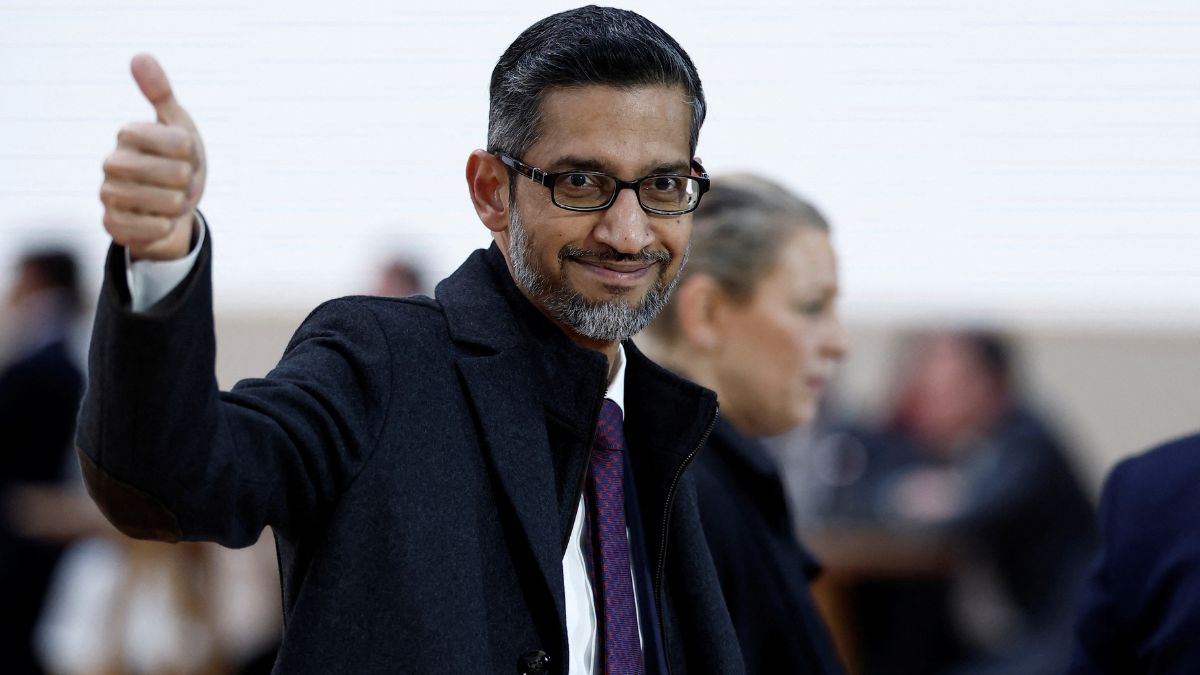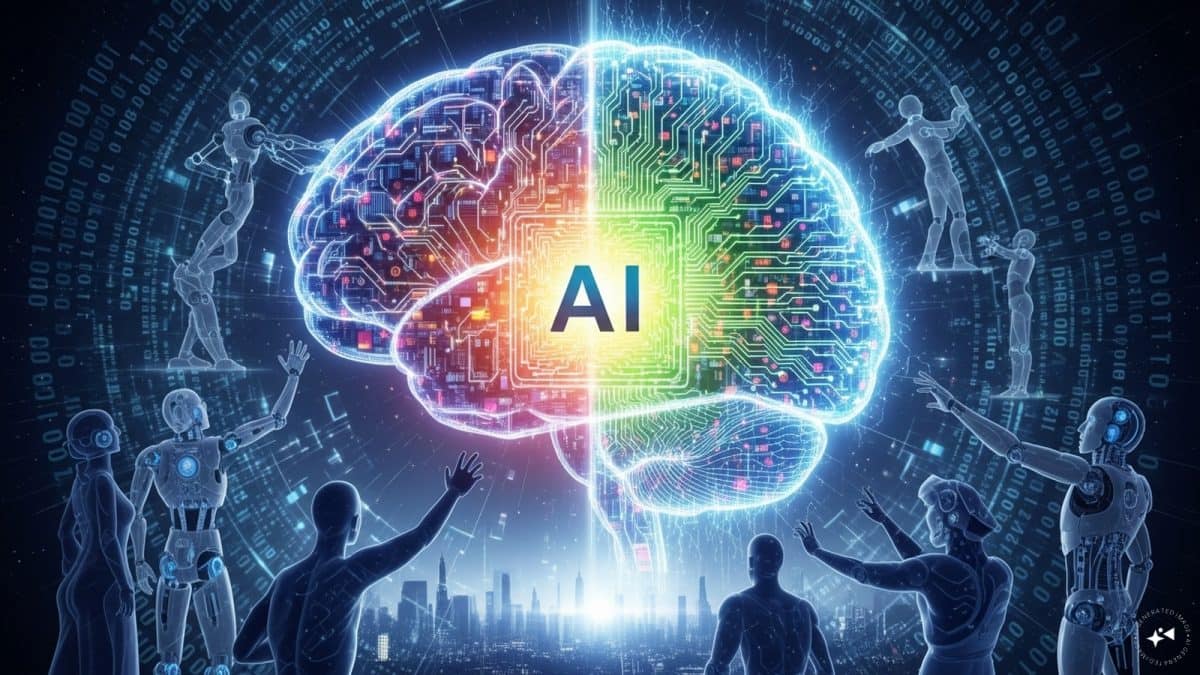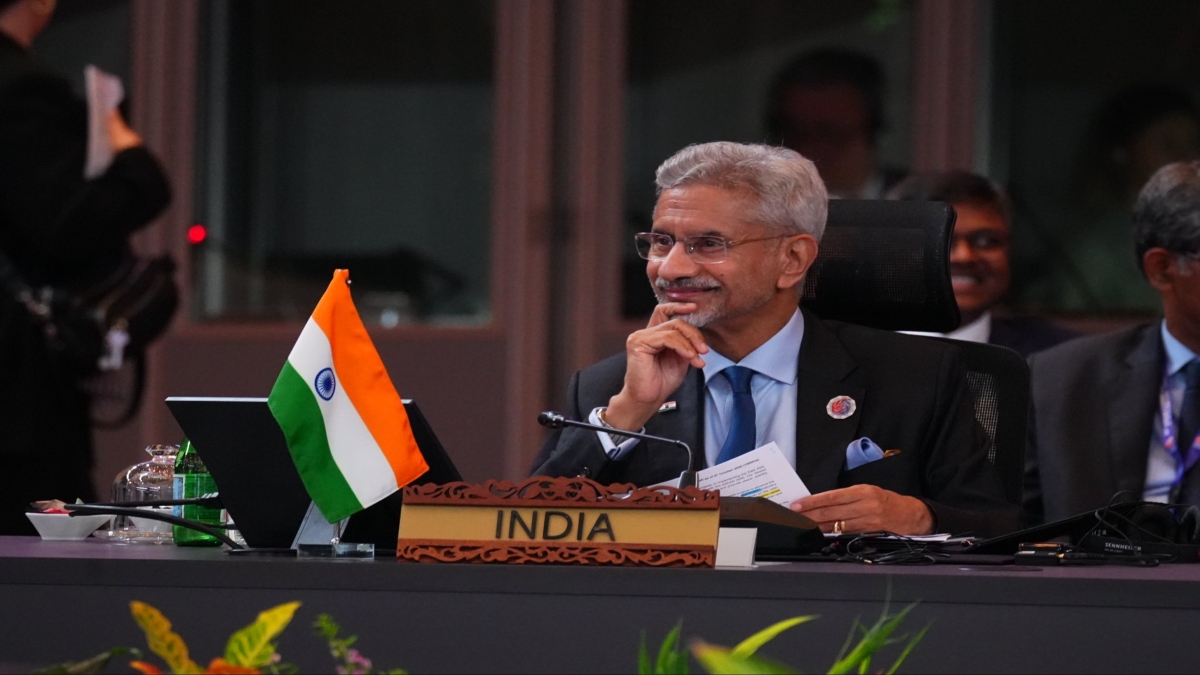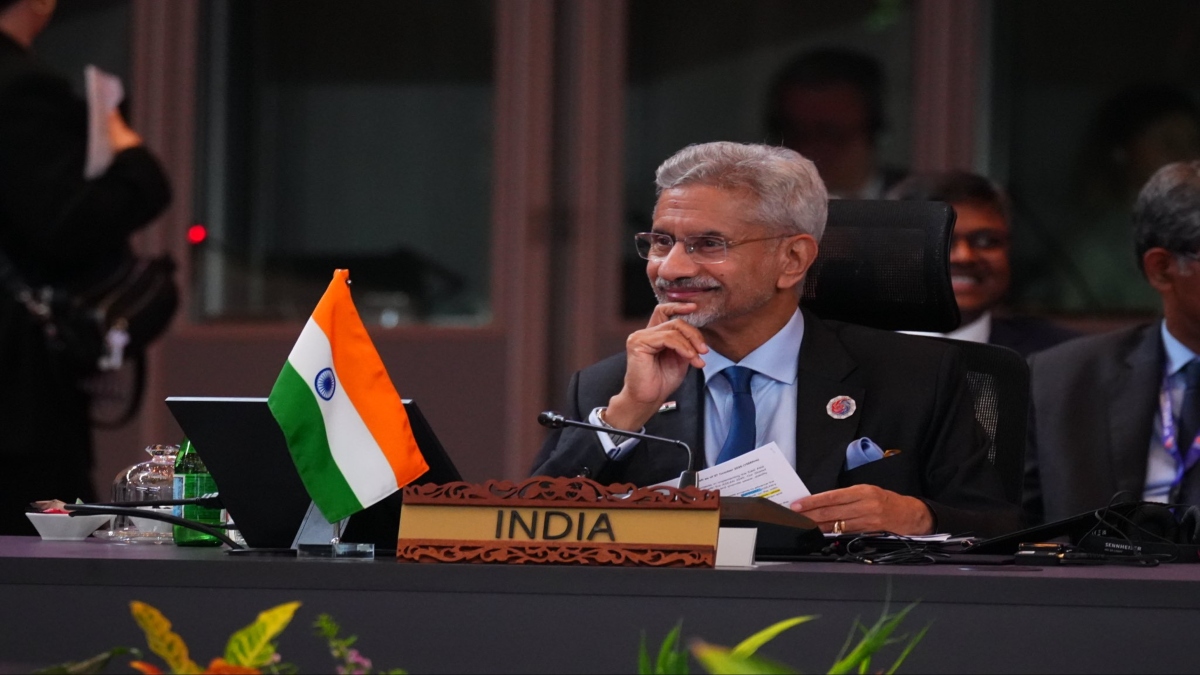Sundar Pichai, CEO of Google’s parent company Alphabet, has acknowledged that there is some “irrationality” in the ongoing artificial intelligence (AI) boom. As companies worldwide rush to adopt AI to cut costs and boost profits, Google — with its Gemini chatbot and major investment in AI chips — along with rivals like OpenAI and Microsoft, has poured billions into advancing the technology.
Under Pichai’s leadership, Alphabet’s market value has doubled in the past seven months to $3.5 trillion, driven largely by the AI wave. But experts caution that such steep valuations may be the result of complex “financial engineering,” raising concerns about an emerging AI bubble.
Asked whether Google could withstand a burst in the AI bubble, Pichai warned: “I think no company is going to be immune, including us.”
He added: “We can look back at the internet right now. There was clearly a lot of excess investment, but none of us would question whether the internet was profound.”
“I expect AI to be the same. So I think it’s both rational and there are elements of irrationality through a moment like this.”
A bubble refers to a market phase in which speculation drives asset prices far beyond their actual worth — an unsustainable rise that eventually collapses. The dot-com crash of 2000 remains the most prominent example, when inflated valuations of internet companies abruptly fell apart.
Tech leaders echo concerns
Pichai is not alone in flagging the risks. At OpenAI’s DevDay last month, CEO Sam Altman said parts of the AI ecosystem were “kind of bubbly.”
“I know it’s tempting to write the bubble story… there are many parts of AI that I think are kind of bubbly right now,” Altman said.
Quick Reads
View AllAmazon founder Jeff Bezos has also spoken about an “industrial bubble,” noting that while AI could reshape every industry, this type of bubble differs from financial ones.
“This is kind of an industrial bubble as opposed to financial bubbles,” Bezos said, explaining that industrial bubbles can still lead to long-term benefits.
“The banking bubble… that’s just bad, that’s like 2008. Those bubbles society wants to avoid. The ones that are industrial are not nearly as bad… when the dust settles and you see who are the winners, society benefits from those inventions.”


)

)
)
)
)
)
)
)
)



